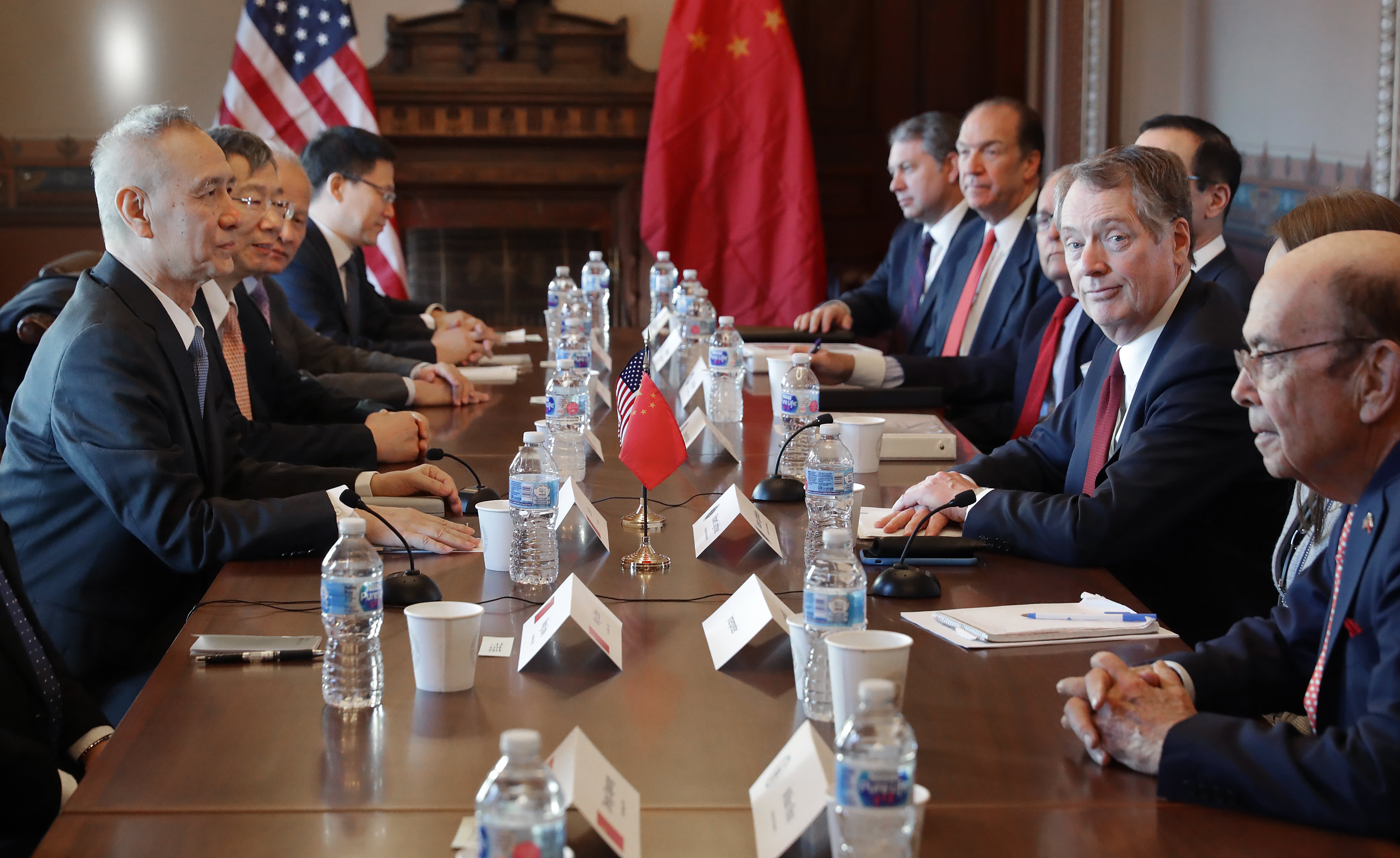As the relationships between countries shift over the next few decades, expect trade to remain a hot button issue, according to one analyst.
That prediction comes as the U.S. and China continue to square off in a trade war that has roiled global markets. Last week, U.S. President Donald Trump hiked tariffs on billions of dollars worth of Chinese goods, and China threatened to retaliate.
Those developments — which followed speculation that the world's top two economies had been close to inking a trade agreement — sent shockwaves through global markets. As countries, including China, accrue more power on the global stage, investors should expect more trade arguments ahead, according to James Sullivan, head of Asia ex-Japan equity research at J.P. Morgan.
"As we start to move toward a multi-polar world, I think we have to recognize that these trade conversations are not fits and starts," Sullivan told CNBC's "Squawk Box" on Monday. "I think we have to recognize as equity investors, in particular, this is now the new normal."
"These trade conversations are now part of the backdrop of global markets for the next ... 10 to 20 years as these countries and economies work out their relative place in the world and how we reorder the overall global structure to account for the rise of China, to account for a multi-polar environment," he said.
Last Friday, Washington raised tariffs from 10% to 25% on $200 billion worth of Chinese goods. Beijing responded immediately after the deadline that it would take countermeasures against the move, but has yet to provide specifics on what those might entail.
Major markets across the globe, however, appeared to shrug that off as shares mostly advanced.
In an interview with Fox News on Sunday, White House Economic Advisor Larry Kudlow said U.S. President Donald Trump and Chinese President Xi Jinping are likely to meet at the upcoming June G-20 summit in Japan.
Kudlow said the chances of such a meeting "were pretty good," but he said there are "no concrete, definite plans" for when U.S. and Chinese negotiators will meet again.
The White House economic advisor also told Fox News that China needs to agree to "very strong" enforcement provisions for an eventual deal, with the sticking point being Beijing's reluctance to put into law changes that had been agreed upon, Reuters reported.
For its part, Beijing responded in a commentary on Monday in the People's Daily: "At no time will China forfeit the country's respect, and no one should expect China to swallow bitter fruit that harms its core interests." The publication is controlled by China's ruling Communist Party.
— CNBC's Spencer Kimball, and Reuters contributed to this report.


